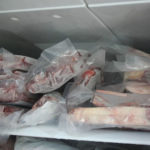It’s easy to make mistakes when using a refrigerator, especially during the hot summer months when it’s in frequent use. Common errors, such as leaving the door open or letting ice build up in the freezer, can increase your energy bills.
So, it’s important to be mindful of these simple tips to reduce the financial strain on your household. Here are some common mistakes people make that lead to higher refrigerator energy consumption.
1. Forgetting to Defrost Your Freezer
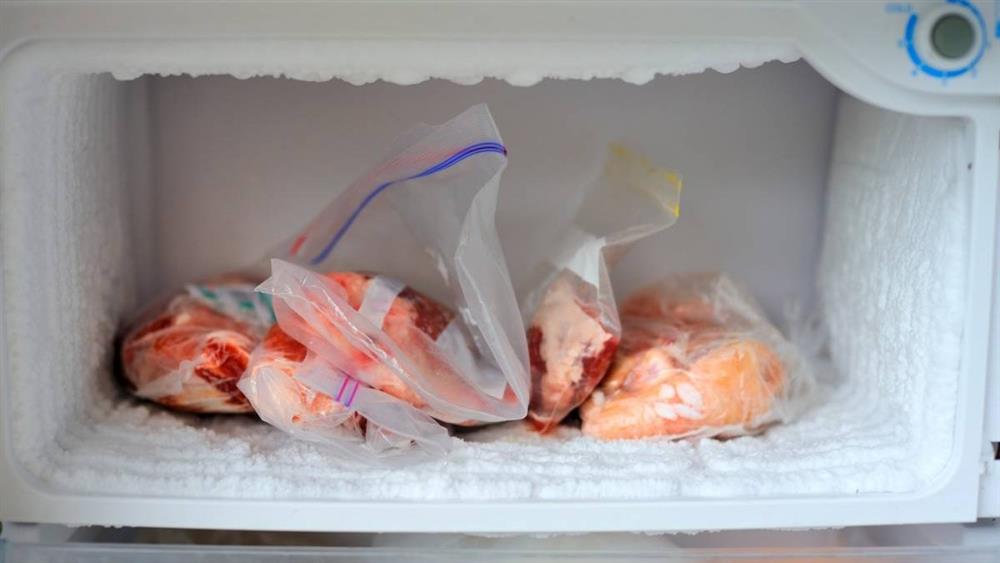
If you don’t defrost your freezer regularly, it can significantly increase your electricity bill. When ice builds up, your freezer’s motor has to work harder to keep the food cold. And the harder the motor works, the more energy it uses.
To avoid this issue, pay attention to ice buildup. You may notice it when one of the drawers gets stuck. Take this as a sign that it’s time to defrost and clean your freezer.
2. Overstuffing the Refrigerator
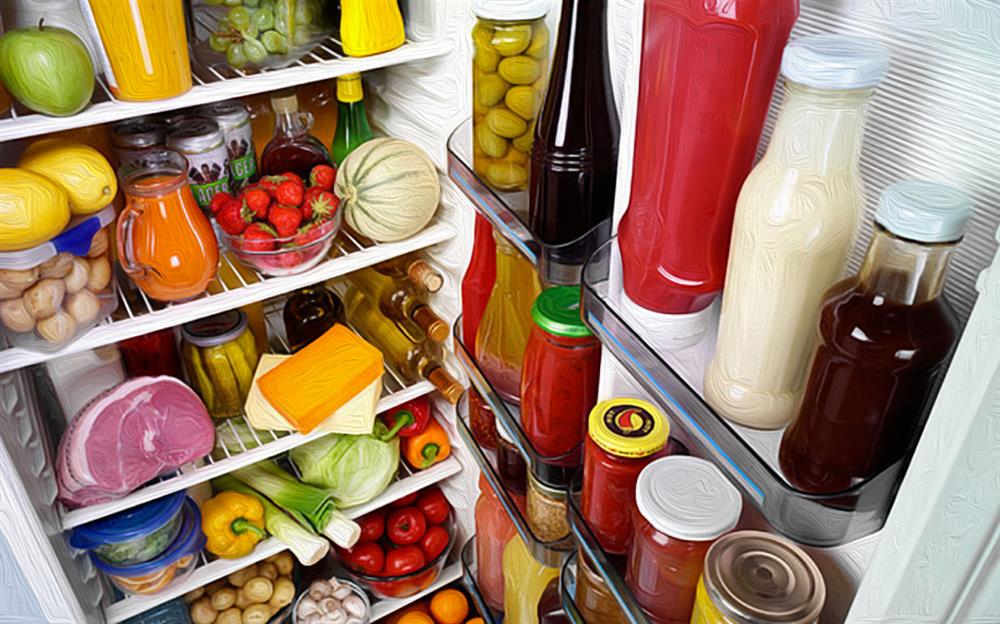
Avoid overstuffing your refrigerator or freezer. When it’s too full, it can be harder to keep the food cold, straining the motor. Experts at Energyhelpline told The Sun: “Give your fridge a good clear out and make sure it’s not overfilled. This is especially important as keeping space at the top and sides of your fridge will allow cool air to circulate more easily.”
This doesn’t mean you should leave your fridge too empty, as that can be energy-wasteful. But do check regularly to ensure you’re not keeping items you don’t need or food that has expired.
3. Placing the Refrigerator in the Wrong Spot
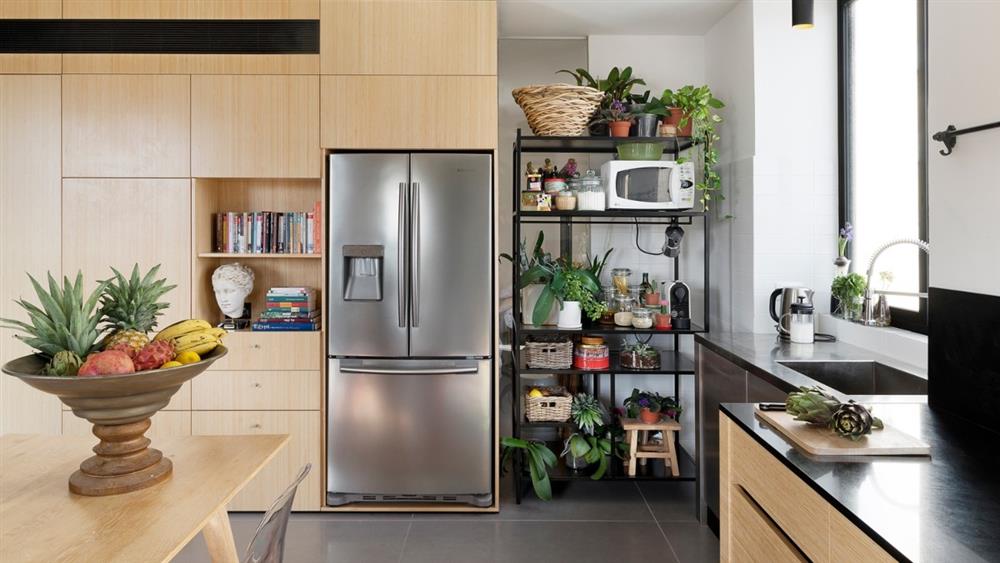
The exact spot you place your refrigerator in your kitchen matters. Experts at Uswitch suggest keeping it away from the stove and ensuring it’s not in direct sunlight. This is because it’s more energy-efficient when placed in a cool spot.
The heat from the stove or excessive sunlight on the freezer can affect its temperature. It’s also important to keep the freezer at least 10cm away from the wall. This is because the appliance needs airflow for the coils to work efficiently and cool down.
The experts at Repairaid say: “If your fridge doesn’t have adequate ventilation or space around it, this could decrease its energy efficiency by up to 15%.”
4. Gaps Around the Fridge Seals
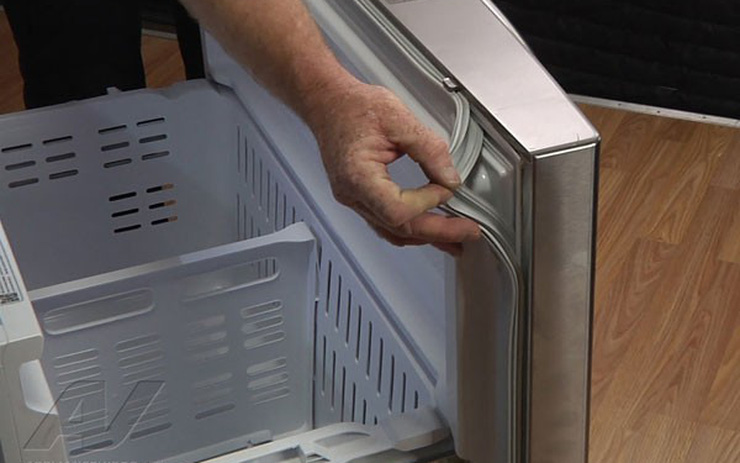
Ensure you check the corners and edges of your freezer seals. Just like a drafty house, you don’t want cool air escaping or warm air seeping into your fridge.
5. Leaving the Door Open
Avoid leaving your fridge door open for longer than necessary. When the door is open, cold air escapes, and your appliance has to work harder to cool down again, using more energy.
Sarah Broomfield, energy expert at Uswitch.com, told The Sun: “Try not to leave the door open for too long, especially in hot weather, as this will cause the temperature to rise, meaning your appliance will have to work harder to cool down.”
Prevent this issue by quickly grabbing what you need from the fridge. Some smart fridges have internal cameras so you can plan your dinner or shopping list without opening the door.
6. Setting the Wrong Temperature
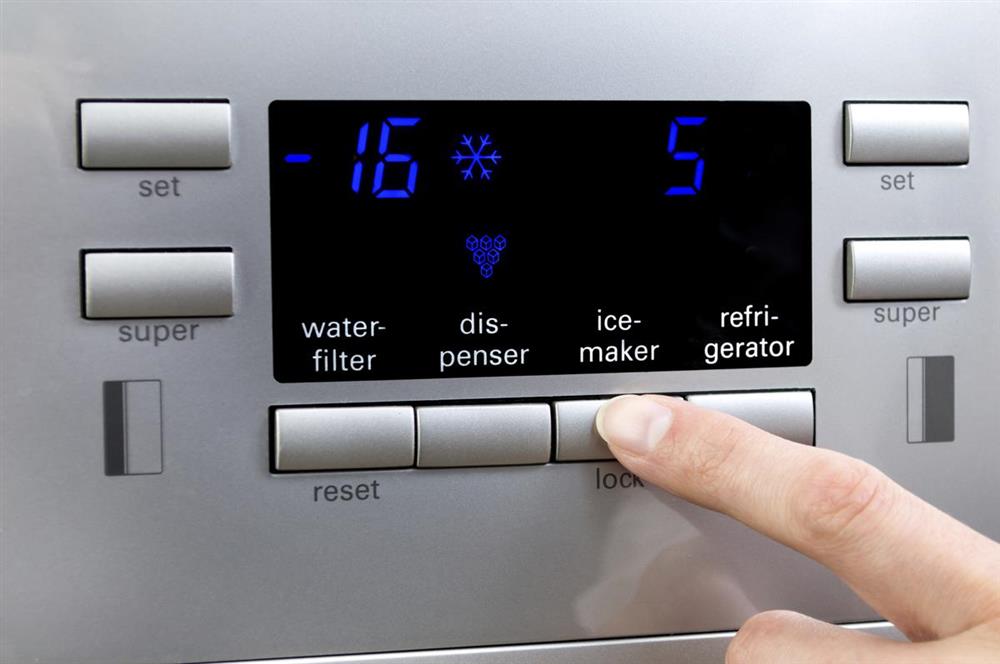
Setting your fridge and freezer to the right temperature will ensure you’re not wasting energy. Energy Saving Trust told The Sun: “We recommend your fridge is kept at 5°C as this is the most efficient temperature.”
Energy experts at Uswitch say the ideal temperature to keep your fridge is between 3 and 5 degrees Celsius, and for freezers, it’s -18 degrees Celsius.
These temperatures are recommended to keep your food fresh and safe without being too cold, which would increase your energy bills. This will help reduce your bills as much as possible.
7. Not Cleaning the Refrigerator Regularly
The next time you clean the inside of your fridge, try to clean the back of it, too. If dust builds up on the coils, it can prevent the appliance from cooling properly. If it’s too thick, it could reduce the efficiency of your fridge by up to 25%.
According to Vietnamese Women
The Ultimate Guide to Meat Storage: Avoiding the Common Pitfalls
“There are many misconceptions about meat storage that can potentially harm your health. Proper meat storage tips include washing fresh meat before refrigeration, adjusting the temperature accordingly, not storing meat in the fridge for too long, and ensuring your hands are clean before handling meat.”




























